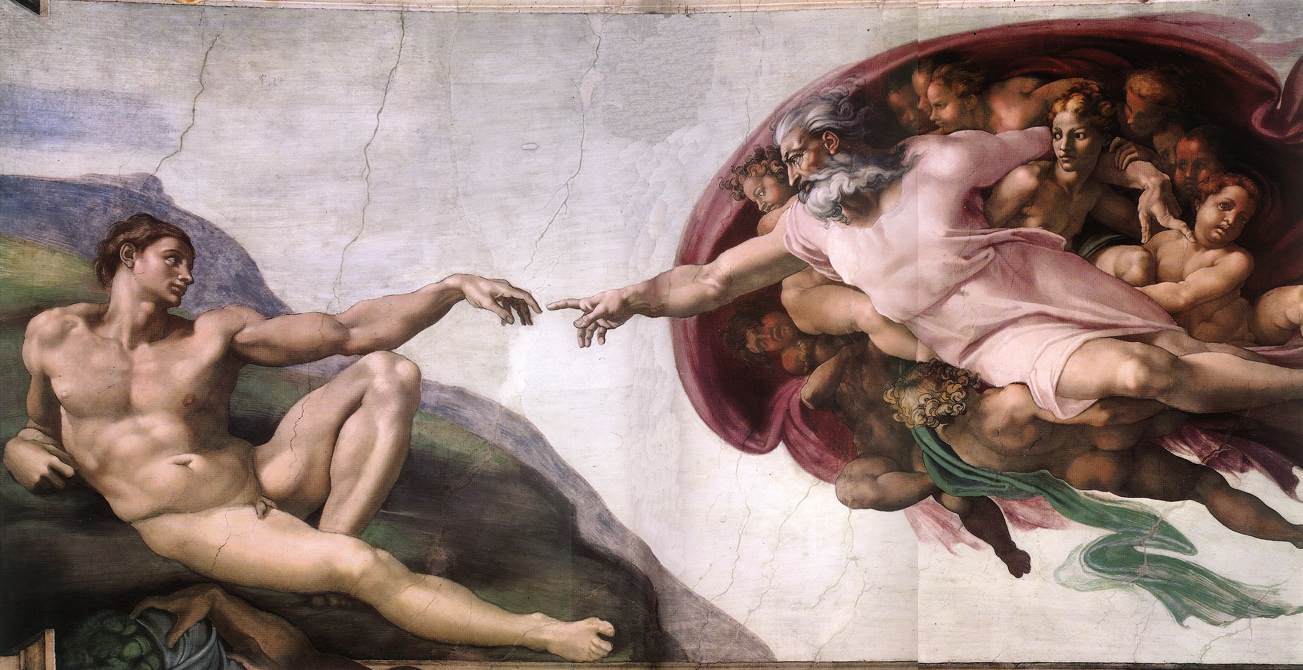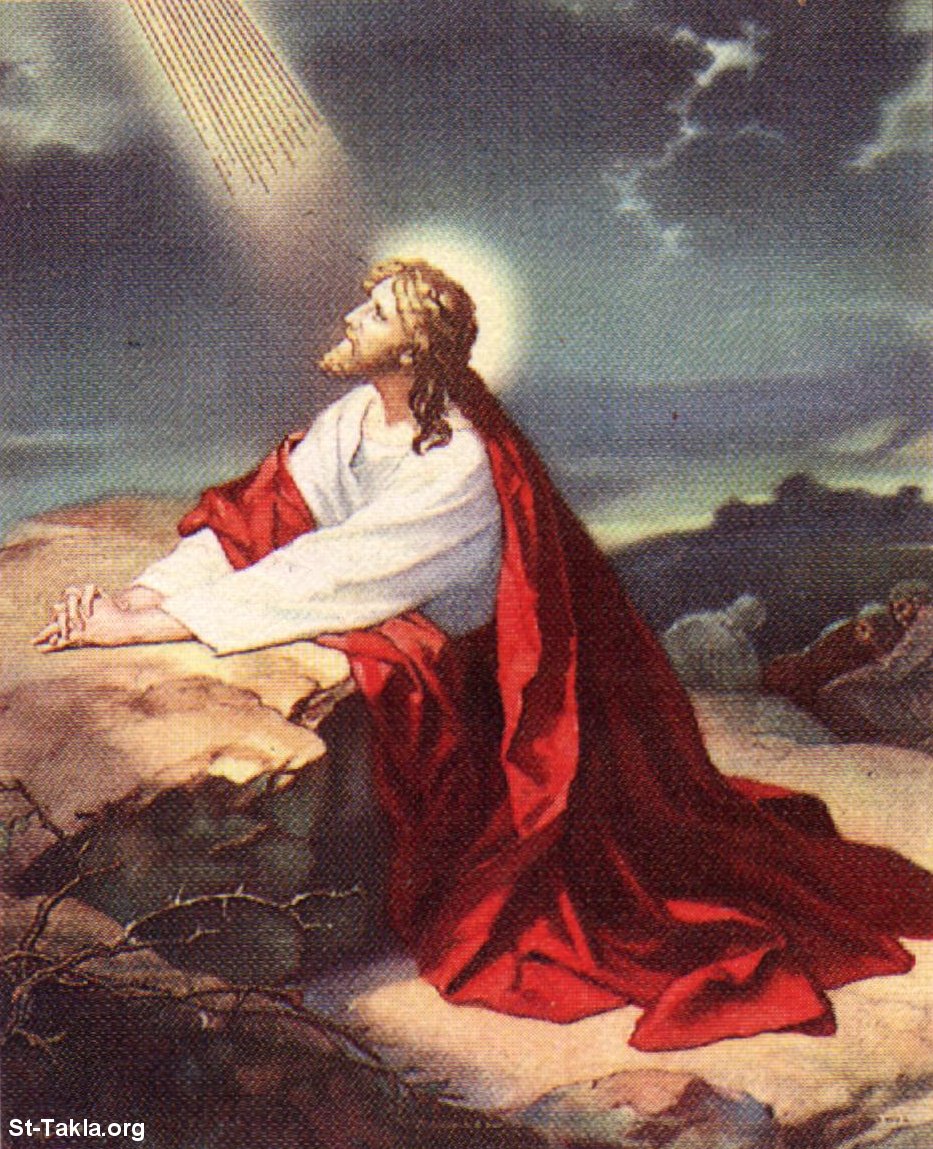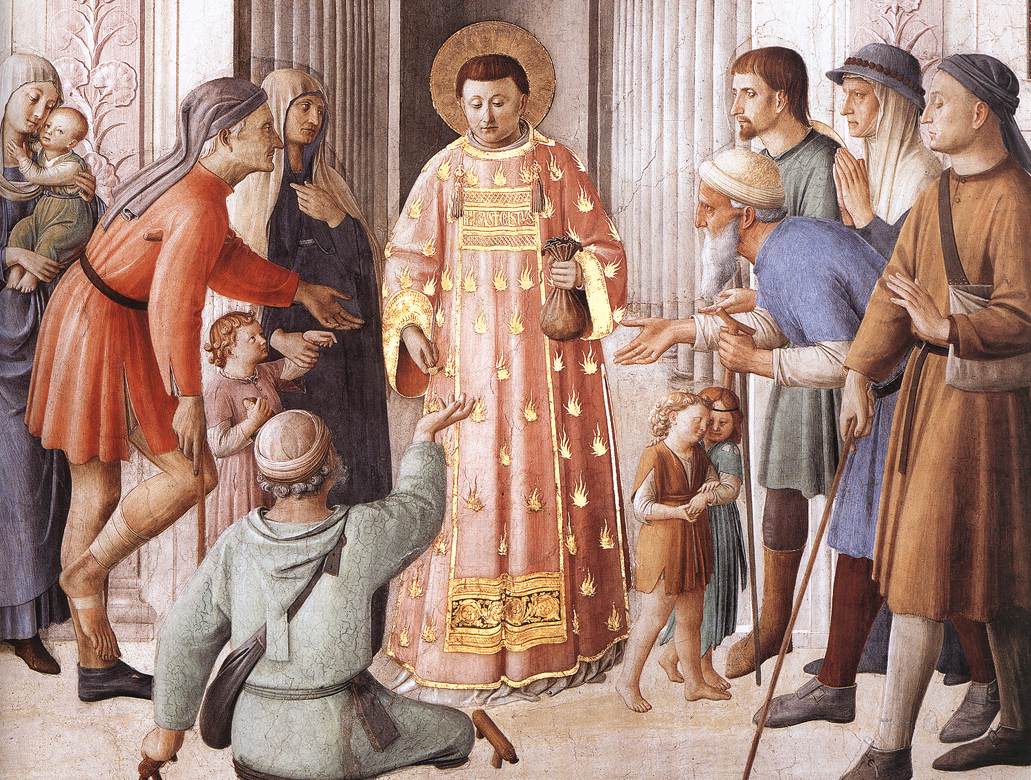I still have much to do on this, as you can see, I have not even gotten to the second chapter of the Letter to the Romans yet. I have made a few adjustments to the first part, but I will post a full and definite copy of this work when I have completed it (Deo volente), and correct the (numerous, no doubt) typos. I have to say one thing about the wonders of modern day technology as I would have been unable to write even half of this by hand. No wonder the Angelic Doctor died before 50 years old...
As written in 1 Samuel, ‘’The Lord does not look at the things man looks at. Man looks at the outward appearance, but the Lord looks at the heart.", accordingly God does not feign acceptance of a man, proclaiming him to be just when he is teeming with hatred and sin. Through an erroneous application of piety and trust in the sufficiency of Christ’s offering to His Heavenly Father, Calvin commits the grave mistake by saying, ‘There is no doubt that we obtain justification in the sight of God only by the intercession of the righteousness of Christ. This is equivalent to saying that believers are not righteous in themselves, but on account of the communication of the righteousness of Christ through imputation...’ and ‘(the justified person) has taken hold of the righteousness of Christ through faith, and having been clothed with it, appears in the sight of God not as a sinner, but as a righteous person’. Certainly no man has claim righteousness before God independently of the Divine Master or His initiative, as the Apostle states, ‘For it is by grace you have been saved, through faith--and this not from yourselves, it is the gift of God’ (Eph 2:8) and this gift ‘is eternal life in Christ Jesus our Lord’ (Rom 6:28). Elsewhere it is written, ‘And without faith it is impossible to please God, because anyone who comes to him must believe that he exists and that he rewards those who earnestly seek him’ (Heb 11:6) and the Holy Council of Trent affirms, ‘faith is the beginning of human salvation, the foundation, and the root of all Justification; without which it is impossible to please God, and to come unto the fellowship of His sons’ (VI,VIII).
Paul asserts that this ‘power of God’ communicated to men saves the faithful, first of all the Jewish nations, for whom the Messiah was sent only (Mat 15:24), and then onto the Greeks, by the missions of the Apostles who had received ‘grace...and apostolic mission to preach the obedience of faith...in honour of His Name’. Guided by the Spirit of Truth, the chosen men are called forth with the authority of Christ Himself, and the ‘‘Holy Spirit will teach you at that time what you should say." (Lk 12:12). Whosoever rejects the Church of Christ rejects the One Who sanctified her by His Precious Blood, and thereby rejects the Father Who orders all things to His honour and glory.
This affirmation of the primacy of faith does not set up as certain men do, a contradiction between ‘good works’ and divinely granted ‘faith’. One must note that although the ‘upright man finds life by faith’, this acceptance of the divine mercy in Christ and His sorrowful Passion remains the foundation of good works, which naturally flow from it. In Galatians the same author states, ‘faith expressing itself through love’ (5:6), and the Divine John writes, ‘And this is love: that we walk in obedience to his commands. As you have heard from the beginning, his command is that you walk in love.’ (2 John 1:6). Faith is the corner stone, yet it is not the entire edifice. Faith allows man to situate himself in truth and light, without this acknowledgement of his utter dependence upon God for creation, sustenance and redemption, man stumbles in the dark and ‘flatters himself in his mind that he knows not his guilt...he clings to what is evil’’ (Ps 35: 2-4).He lives, nay, exists, as a beast and in his lie, he distorts the nature of his being which is to love and participate in the Trinitarian life of God.
Let us now proceed since these preliminary remarks have been set forward in order to correct certain misunderstandings. One of the greatest catechetical errors of the modern era is to assert the goodness of God and His love, without fully comprehending either. By His goodness (as it is appropriate for a good God to create good things), according to His Wisdom, by the Power of His Spirit, the Blessed Trinity creates man out of nothing without gaining or losing anything in the process. God would have continued to exist in absolute bliss and felicity without need of us. Even if man were to live all the days of Methuselah in extreme penance and anguish of body and soul, he would still remain unworthy to exist for even an instance upon this earth. All is of grace and mercy. It is also false to assert that God must live within certain boundaries in dealing with His creatures that we so foolishness demand, if otherwise, He would be guilty of malevolence. God owes us nothing, although one may say that He has bound Himself to a promise in Christ, yet this is one that He freely made from all eternity. Of His Essence, He is absolute goodness and holiness (which is the will to exist as good), there is no ‘change, nor shadow of alteration’ (Jas 11:17), therefore He detests sin as offensive to His nature, not because it ‘harms’ Him in some way. Sin wounds in a serious manner the operation and nature of the rational beings He brought forth from nothing to love and serve Him, and those who practice such iniquity are deserving of eternal punishment. The Psalmist maintains that the impious will be ‘flung down, they shall never arise’ (35:12), and ‘the wicked will not stand in the judgment... the way of the wicked will perish.’ (1:5-6). No man can excuse God of hiding the truth concerning Himself from them, since ‘the heavens declare the glory of God; the skies proclaim the work of his hands... There is no speech or language where their voice is not heard...their words to the ends of the world’ (Ps 19:14). Evil-doers are ‘without excuse’ because ‘what can be known about God is perfectly plain to them since God Himself has made it plain’. One can truly affirm that the earth is apostolic, telling with great eloquence the glory of the Lord. Saint Augustine writes, ‘‘Heaven and earth glorify God. All the creatures proclaim His existence. The heaven cries to God: ‘You it was who made me: I did not make myself.’ And the earth cries: ‘You are my creator: You it was who made me’’. Yet, as a consequence of the evil act of our first parent, the effects of which are transmitted through human nature, our minds are darkened to this sublime witness to the goodness and glory of God. We become confused and dazed at such a mystery and fail to rise above it to Him Who fashioned the universe through a super-abundance of love. The Doctor of Grace continues, ‘This spectacle (the beauty of the created cosmos) which has been given to you to admire, the joy with which it inspires you, the impetus with which it raises up to towards the Maker of it all, the revelation of the ineffable Being through Whom He created it – all this is the testimony of heaven and earth to which you bear witness when you look at them. If you love what he has made, love still more Him Who has made it all.’ With reason, the Divine Apostle states that ‘they (the pagans) knew God’ but by turning aside from the Principle Who creates, orders and blesses, they reduce themselves to corruptibility and giving honour to things that have less value than they. Man is able to be justly condemned for his sin and wayward heart even before or without the revelation of God in Christ, as the truth concerning the presence of God and His effects does not remain merely external but is situated within the heart and mind. Although defaced, the image of God which enables man to will freely, to know and understand and to love endures as if man were to lose this; he would also relinquish his humanity. Through a simple examination of the heart and reasoned discourse concerning his purpose in the world, the human being will infallible come to a knowledge of God, which will reveal His goodness and providence. The Angelic Doctor affirms that perception of visible, sensible objects, although we are unable to see the Divine Essence, ‘because they are His effects and depend on their cause, we can be led from them so far as to know of God "whether He exists," and to know of Him what must necessarily belong to Him, as the first cause of all things, exceeding all things caused by Him.’’ Furthermore, we can deduce from these causes that the Principle of their existence must be Being beyond them, otherwise the First Cause would be constrained within His effects, which is absurd. If so, this ‘cause’ would in turn require another to justify its presence. Yet, He is not the impersonal Aristotelian god who remains aloof from His creation as the Psalmist says, ‘"The Lord looked down from his sanctuary on high, from heaven he viewed the earth’’ (102:19) and ‘’ The LORD has established his throne in heaven, and his kingdom rules over all.’’ (103:19). The humble of soul may see His ‘everlasting power and deity’ reflected in the cosmos, and then joyfully proclaim His mercy before men and angels. The Good Lord does not bind us to honour Him if He has not gifted us with the capacity for realising His presence, therefore such acceptance and realisation of the truth does not depend upon intellectual ability but arises from purity of heart, which is itself a gift from the Creator. Through hardness of heart, man becomes ‘imprisoned in wickedness’ which lowers him to the dust, which is essentially lifeless, instead of causing him to soar upward to He Who is Life of His essence. Too often in the modern world, one will hear that someone embraces ‘spirituality’ in order to find themselves some ‘transcendence’ without having to resort to religion which carries along with it a great deal of guilt. Such an attitude is a great distortion, which as opposed to guiding man through obstacles by illumination, covers him in greater darkness as it is freely willed and guarded. Man will heap up to himself many instructors who call themselves ‘philosophers’ (lovers of wisdom), and be solicitous for the latest novelty, instead of confronting his disordered desires and correcting them in accordance with right reason which finds its only basis in God. The Apostle elsewhere pronounces that this erroneous behaviour arises from a will to see their own desires suited (1 Tim 4:3. We often see this in today’s supposedly ‘rational’ world, where any behaviour may be excused or promoted simply because such an action is possible. Men will wilfully deceive themselves, submerging themselves in mud, making ‘nonsense out of logic’, appealing to ‘reason, liberty, choice, progress’ (the mantra of our era), resulting in acting like beasts. They are insatiable, yet refuse to confront the source of their misery and wretchedness, they fail to emulate the resolution of the Psalmist whose ‘bones wasted away, through (his) groaning all day long’, as he lingered in his sin, then he turned to his Lord and ‘acknowledged (his) sin’ and God ‘forgave the guilt’ (32:3-5). Our God is a fountain of mercy for those who turn to Him in humility; He pours the Holy Spirit into our hearts Who dwells there, allowing us to cry out Father (Gal 4:6) in the sure hope of salvation. The sinner who is borne about by the changing winds of the world’s values and the fickle ambitions and pleasures of men, has his ‘empty mind darkened’, as he has divorced himself from the Source of all being, truth and love. He in his destitution (the great poverty of disordered love) scrambles around, looking for solace and finds refuge in the ‘works of (his) hands’ whereby ‘provoking the Lord to anger’ (2 Chr 34:25) and to their further shame. The Divine Apostle admonishes, ‘Their destiny is destruction, their god is their stomach, and their glory is in their shame. Their mind is on earthly things’ (Phil 3:19). According to our doctrine, the Source of all being is the Father Who creates through His Word by the Power of His Spirit, He is the uncreated Creator Who brings forth all that exists, lives and loves for the manifestation of His glory and so that rational creatures may come to share in His divine life. All that exists, in some sense, participates in the nature of God. Rocks participate in a very finite manner by possessing existence, although a very fleeting one. Plants in a further degree through life and the ability to grow. The ‘lord’ over this earth, man, is called to share in a wonderful degree, to a great height through love, which is God’s own gift, in the divine nature, which permits and enables man to transcend his limitations and creaturely confinement and truly to be free. It was rightly said to Adam that if he were to eat of the tree of life, he should ‘surely die’. As soon as man deviates from this course, which is natural and in which consists his eternal felicity, he is not even worthy of the name of ‘man’. He ‘exchanges the glory of the immortal God for a worthless imitation’ which contains less value than mortal man who will soon return to the dust as his deeds deserve. He sets his eyes on ‘the image of mortal man’ (which is not infused with a soul, it therefore has no life), ‘they have mouths, but cannot speak, eyes, but they cannot see’ (Ps 135:16) yet it is the God of Abraham, Isaac and Jacob Who formed the eye and the mouth (Ps 94:9) and ‘knows the secrets of our hearts’ (Ps 44:21). Our modern day idols are even less secure than these, as we do not accord them divinity, we acknowledge that they are a commodity, yet we still render homage to them.





.jpg)
















